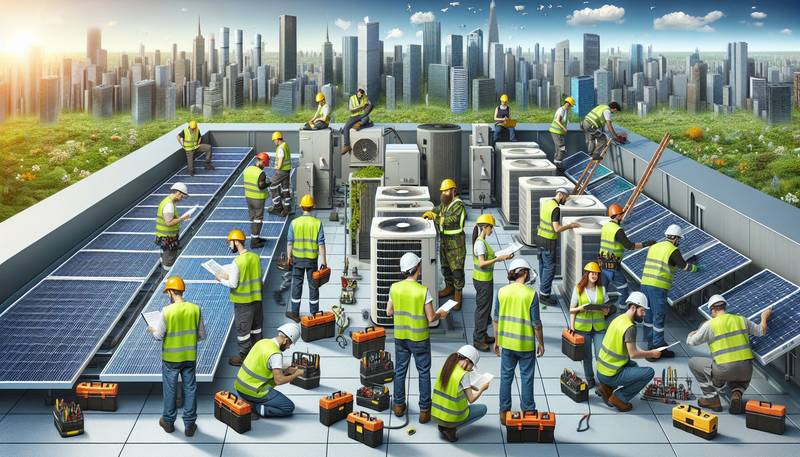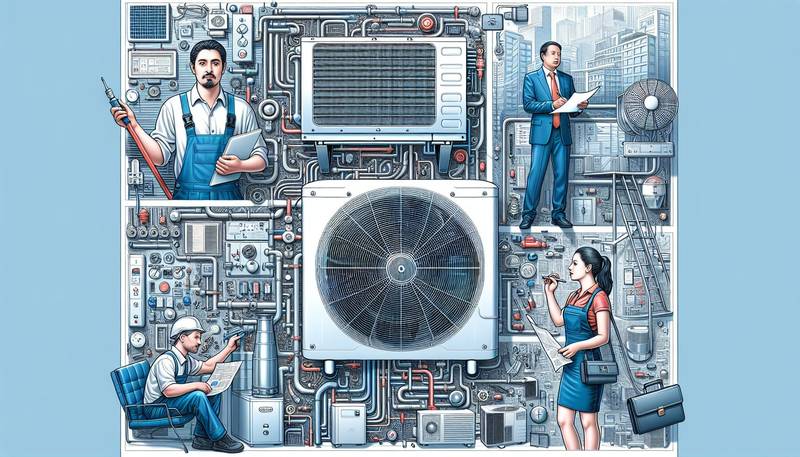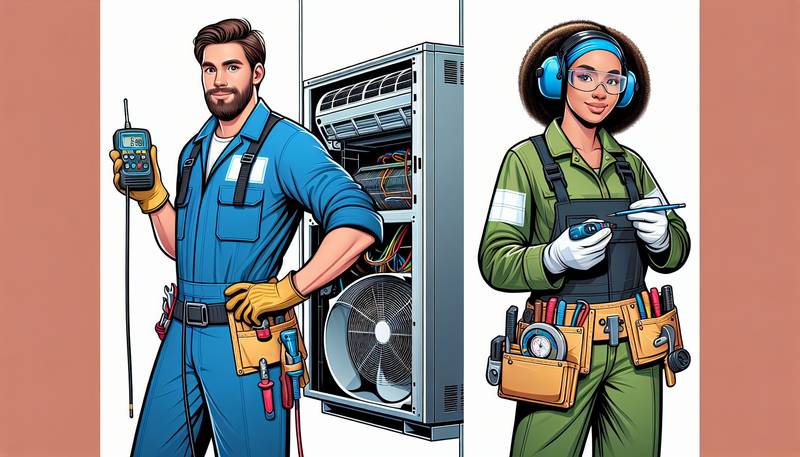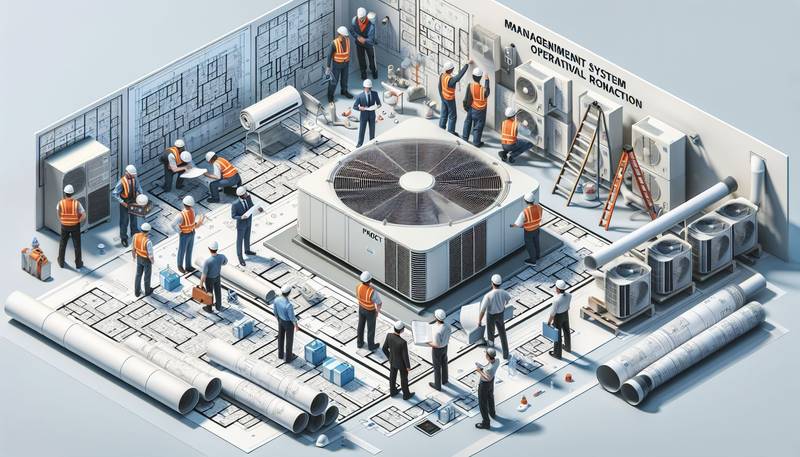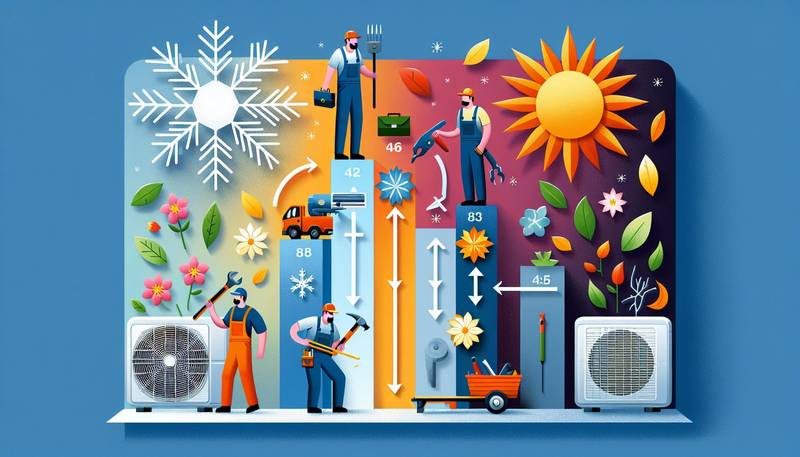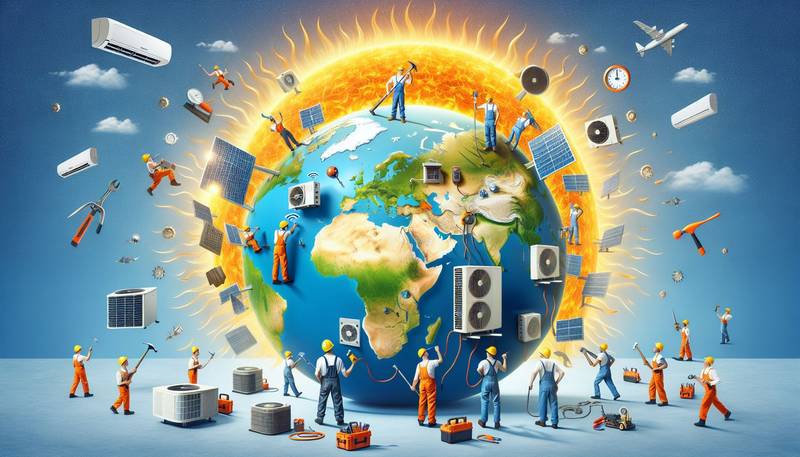Turning Down the Heat: How Air Conditioning Jobs Help Fight Climate Change
However, the irony lies in the fact that while air conditioning helps individuals cope with rising temperatures, it also contributes significantly to climate change through its energy consumption and greenhouse gas emissions. This presents a challenging dilemma where the very solution to combat heat is exacerbating the root cause of climate change.
The Impact of Air Conditioning on Climate Change
Air conditioning units are notorious for their high energy consumption, resulting in increased greenhouse gas emissions. The refrigerants commonly used in these units, such as hydrofluorocarbons (HFCs), possess a potent global warming potential. Moreover, the electricity needed to power air conditioning units is often generated from fossil fuels, further intensifying carbon emissions and exacerbating the climate crisis.
The Role of Air Conditioning Jobs in Combating Climate Change
The field of air conditioning presents a unique opportunity to combat climate change through the development and implementation of energy-efficient cooling technologies. HVAC technicians, engineers, and other professionals in the industry possess the expertise to design, install, and maintain cooling systems that are not only effective but also environmentally friendly. By focusing on energy-efficient solutions, air conditioning jobs can significantly reduce energy consumption and mitigate greenhouse gas emissions.
Promoting Sustainable Practices in the Air Conditioning Industry
In addition to advancing energy-efficient technologies, air conditioning jobs can champion sustainable practices within the industry. This includes advocating for the adoption of alternative refrigerants with lower global warming potentials, such as hydrofluoroolefins (HFOs). Furthermore, promoting proper disposal and recycling of old air conditioning units can prevent harmful refrigerants from being released into the atmosphere, thereby reducing the environmental impact of these systems.
Investing in Renewable Energy Solutions
Air conditioning professionals can further contribute to combating climate change by advocating for the integration of renewable energy sources to power cooling systems. By incorporating solar panels, wind turbines, and other renewable technologies, air conditioning jobs can significantly decrease the carbon footprint associated with air conditioning units. This shift towards renewable energy not only reduces emissions but also supports the transition to a sustainable and low-carbon economy.
Conclusion
In conclusion, air conditioning jobs play a vital role in the fight against climate change. Through the development of energy-efficient cooling technologies, promotion of sustainable practices, and investment in renewable energy solutions, professionals in the air conditioning industry can help mitigate the environmental impact of air conditioning units. It is imperative that the industry embraces these opportunities to combat climate change effectively and create a more sustainable future for generations to come. By turning down the heat responsibly, air conditioning professionals can contribute to global efforts in addressing the climate crisis and fostering a greener planet for all.
